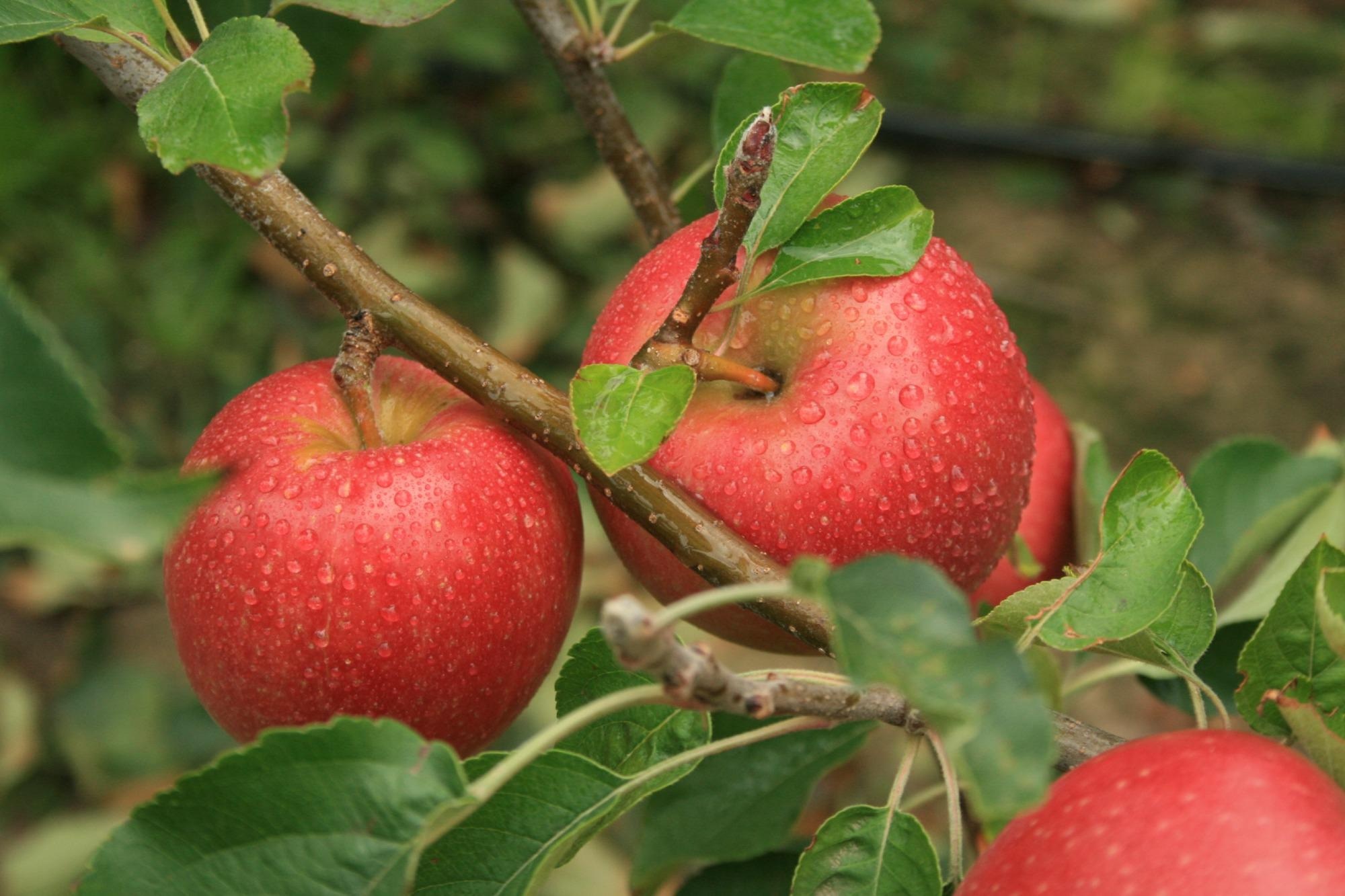Three major new missions from CSIRO, Australia’s national science agency, will grow Australia’s agriculture and food sectors targeting $20 billion by 2030.
 The three missions will grow australia's agrifood sector. Image Credit: CSIRO
The three missions will grow australia's agrifood sector. Image Credit: CSIRO
The $150 million investment from CSIRO, government and industry will tackle drought, the food export market and growing the protein market.
CSIRO Chief Executive Dr Larry Marshall said the three missions together aim to capture a $20 billion opportunity for Australian agriculture to extend its position as a world leader.
“For over a century, CSIRO has been working with farmers and governments to improve life on this great land – but today we’re bringing all of our newest science and technology, from Artificial Intelligence to genetics and smart materials, to bear on overcoming our oldest national challenge – drought,” Dr Marshall said.
“Overcoming the impacts of drought, protecting the authenticity of Australian products, and inventing whole new markets will grow one of our most important national industries.
"Australia has a natural competitive advantage in ‘ag-tech’, the way Silicon Valley does in ‘tech’ – these missions leverage that advantage to grow those local companies and grow the quality of life for Australians working in them.”
These are part of CSIRO’s program of missions to support Australia’s future where we use science to amplify Australia’s global advantages and strengths. The research missions aim to:
- Reduce the impacts of drought by 30 per cent
- Increase the value of Australian agrifood exports by $10 billion, and
- Produce an additional $10 billion of high-quality protein products by 2030.
“Overcoming challenges of this size takes a Team Australia approach, which is why we’re proud to have so many collaborators on board to help Australian agriculture become more resilient, more profitable, and to produce food that is more plentiful and healthier for Australians and our customers around the world,” Dr Marshall said.
Meat & Livestock Australia (MLA) Managing Director, Jason Strong, said each of the three missions target a critical challenge and opportunity to ensure Australia’s meat and livestock industry continues to be the trusted source of the highest quality protein.
“MLA is focussed on building a new frontier for the Australian red meat sector, that will contribute to the sector doubling its value by 2030, develop innovative clean food technologies and build new markets here in Australia and internationally,” Mr Strong said.
Mission 1: Drought Resilience. With droughts in Australia projected to increase in frequency and severity, the Mission aims to reduce the impacts of droughts by 30 per cent by 2030. Researchers will investigate new farming systems that use water more efficiently, technologies to secure regional water supplies and new tools based on localised climate data that will make farming into the future easier.
The Mission is vital to protect agricultural profitability, strengthen the economic resilience and water security of regional communities, and improve environmental outcomes.
Mission 2: Trusted Agrifood Exports. Australia can increase the value of its agrifood exports such as our horticulture and beef products by $10 billion by 2030. The mission will improve access to high-value markets through new isotopic fingerprinting tools that can support proof of origin for food and verify its clean and green credentials.
The mission will also reduce the cost of meeting export requirements through new automated systems that use sensors and other remote technologies.
Mission 3: Future Protein. There is a $10 billion opportunity for Australia’s growers and producers to create the future protein for the world’s growing population. The mission will protect and grow existing livestock and aquaculture industries, develop new plant-based products and use new technologies, such as biomanufacturing to create new proteins or even transform waste products into high value food products.
Launched in August 2020, CSIRO’s Missions Program is focused on solving the six great challenges we face as a nation – our health and wellbeing, our food security and quality, our national security, the resilience of our environment, the sustainability of our energy and resources, and the future of our industries.
These Missions imagine a future where we use science to amplify Australia’s global advantages and strengths.
Missions, by their nature, have ambitious and far-reaching goals that are much larger than any one organisation can achieve on its own. CSIRO is working with partners to deliver each of its Missions.
In addition to tackling drought, growing food exports and developing protein markets the Missions Program is seeking to tackle formidable problems like building an affordable hydrogen industry, ending plastics waste, and enable regions to achieve net zero emissions.
Team Australia on a mission – our partners
Partnerships are the life blood of our missions, and we will not create impact without them.
The Drought Resilience Mission brings together CSIRO, Department of Agriculture, Water and the Environment and Bureau of Meteorology.
The Trusted Agrifood Exports Mission has live projects underway with the Department of Agriculture, Water and Environment, Hort Innovation and Meat and Livestock Australia.
The Future Protein Mission brings together CSIRO with Department of Industry, Science, Energy and Resources, Victorian State Government, Meat & Livestock Australia and the Grains Research & Development Corporation along with industry partners v2food, GrainCorp, Ridley, Clara Foods, Wide Open Agriculture and start-ups such as Eden Brew. The Mission is also working with Food Innovation Australia Limited; Austrade; Victorian, New South Wales and South Australian state governments; Queensland Department of Agriculture and Fisheries; Western Australia’s Department of Primary Industries and Regional Development; University of Queensland, University of Sydney, University of Technology Sydney, University of NSW and Edith Cowan University.